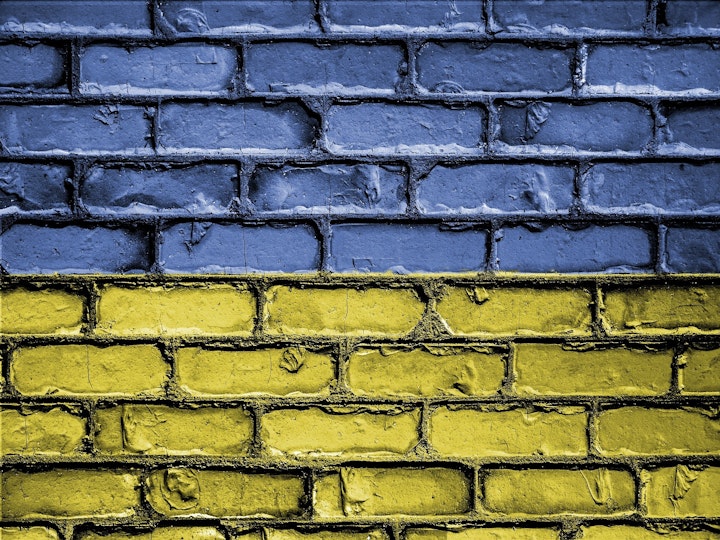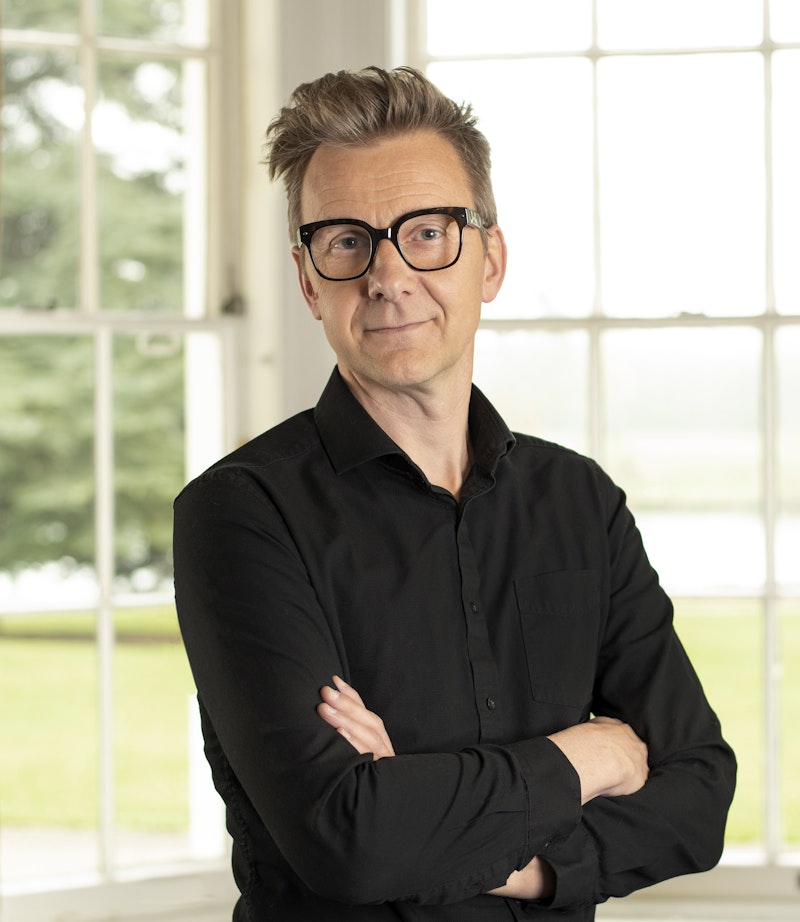Zelensky in the UK – from mobilising to maintaining the world’s attention
How do you keep mobilising exhausted people and organisations? Professor Bernd Vogel, Director of Henley Centre for Leadership, has a look at the challenges facing President Vlodymyr Zelensky’s leadership.

Nearly a year on from Russia’s invasion of Ukraine, why have we seen Volodymyr Zelensky visiting the UK, and Washington in December? One rationale is that the Ukrainian leader is focusing on what our research calls maintaining the energy, the global focus and effort of his allies.
Being up against a deep survival type threat galvanises people. It activates human energy for the bigger cause. However, the dilemma for Volodymyr Zelensky and his collective leadership action is that this perceived threat might fade on the global stage. Inside Ukraine, the devasting experience of war is still a reality, but in the UK and the US, our attention is fleeting, and interest could easily disappear.
The challenge is to sustain energy, support, and attention as a leader. We have seen this vividly in the institutions that were most hit by Covid. It is a leadership challenge to keep mobilising exhausted people and organisations.
Leadership as narratives and the art of balance
So how do you grab the attention of a global audience? Zelensky consistently uses narratives, images, and symbols to engage with the nation and the global stakeholders.
What managers can look at is the balancing of challenges that are seemingly in-compatible or paradoxical. In Volodymyr Zelensky’s case we might see a constant balancing between being seen as strong or strict but also human-centric; or between being decisive but also flexible to re-act or pro-act; between being cold and welcoming. We can learn from him – leadership is not about mastering a single skill, but focussing on the repertoire of leading.
The human approach to leadership
When we judge a person - who we do not know - on leadership we should carefully consider what we really know about the person.
In Volodymyr Zelensky’s case, an individual person’s leadership is a collective effort. We praise or criticise the individual, but many people engage in collective leadership action to mobile and focus a country, firm or team.
For Zelensky this will also have been a steep leadership learning curve, probably with errors and fatal consequences along the journey. Leaders will have to live with those, while we share our admiration. People on the global stage are also humans.



